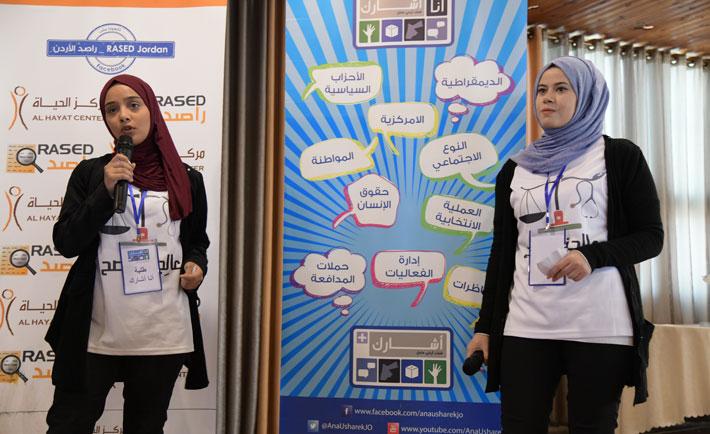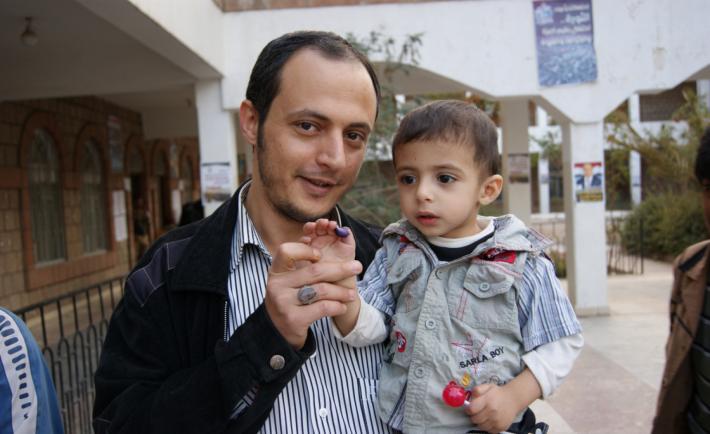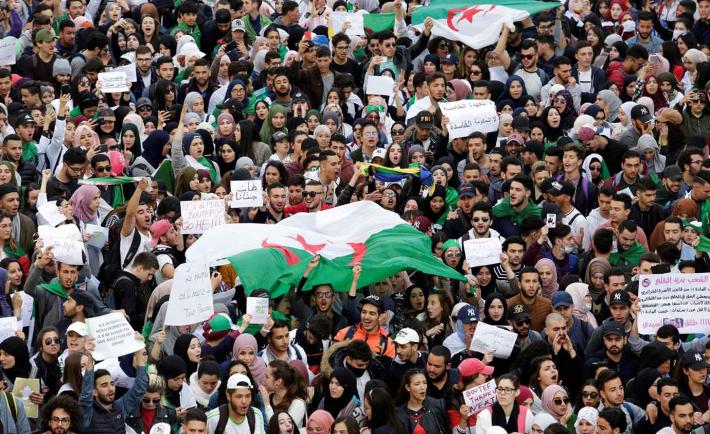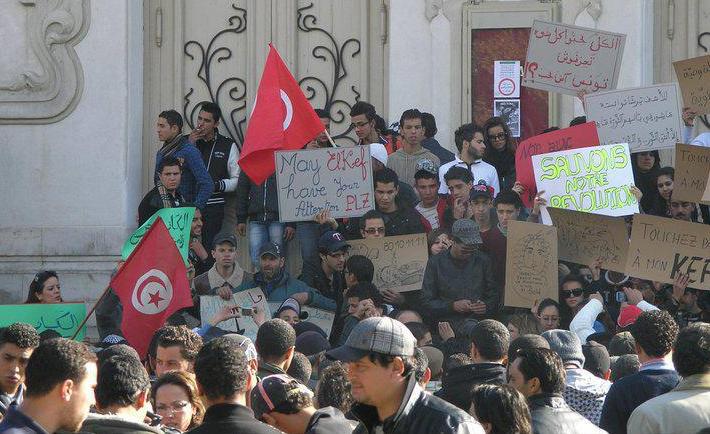As Yemen’s tragic war – fueled by a regional rivalry between the Kingdom of Saudi Arabia and the United Arab Emirates on one side and Iran on the other – drags on, the antagonists in the conflict have been stubbornly resistant to the efforts of U.N. negotiators to broker compromise and unwilling to make the first major steps toward peace. Yet, there is a curious and slightly hopeful political soap opera playing out in plain sight. The internationally recognized government of Abd Rabo Mansur Hadi and the Houthi rebels (also known by their formal name, Ansar Allah) are pursuing separate but concurrent strategies to increase their international legitimacy by reinvigorating Yemen’s parliament. Ansar Allah has also released a groundbreaking policy document that may show signs of a new appreciation for democratic processes. By seeking to achieve a legal quorum in parliament and drafting a series of policy proposals that could be used by the public to hold their regime accountable, the Houthis are demonstrating a surprising affinity to some of the forms of democracy. Their commitment to the substance of democracy is yet to be proven.
Are Yemen’s Houthi Rebels Signaling A Move Toward Democracy?
Not Over Yet: Latest Wave of Middle East Protests A Reminder of 2011’s Unmet Demands
Recent images of hundreds of thousands of citizens marching peacefullythrough Algerian streets demanding the resignation of their autocratic ruler offer an unmistakable and powerful analog to the 2011 Arab uprisings. The ailing and out-of-touch 82-year-old Algerian leader Abdelaziz Bouteflika seeking a fifth presidential term in a country where 70 percent of the population is under age 30 brings to mind an oblivious Hosni Mubarak tragically misreading the seriousness of the first gatherings against him in Tahrir Square. Like Mubarak, who first tried to placate young Egyptians by promising to step down “later,” Bouteflika’s advisors beggar belief by claiming that their man—rarely seen in public over the past five years—will step down after he is “reelected” yet again.
The work of democracy is never “over”

As part of a series of events organized by NDI’s Jordan youth political participation program Ana Usharek and the Al-Hayat Center for Civil Society Development – NDI’s local partner – 60 Ana Usharek students participated in a networking and coalition-building event on December 5 with 43 local civil society organizations in Zarqa, Jordan. Photo Credit: NDI Jordan
It is important to remember the task of safeguarding democracy at home, and encouraging and supporting democracy abroad is an unending one. There is no such thing as a fully consolidated democracy. Various shocks and strains, whether internal or exogenous, will constantly test the resilience of democratic institutions. Likewise, there is no such thing as a “graduated” emerging democracy.
The Road Forward: Tunisia Provides an Example for Democracy in the Middle East and North Africa
Nearly five years after protests against former authoritarian leader Zine El Abidine Ben Ali began in December 2010, Tunisia has adopted a modern constitution and, for the first time, democratically elected a new legislature and president. Tunisia has been lauded as an inspirational -- though not untroubled -- democracy within the Middle East and North Africa region. To ensure the current security concerns and economic difficulties do not encourage undemocratic intervention in the process, it is important that the U.S. government and international community continue to support the new Tunisian government as it makes difficult choices.




